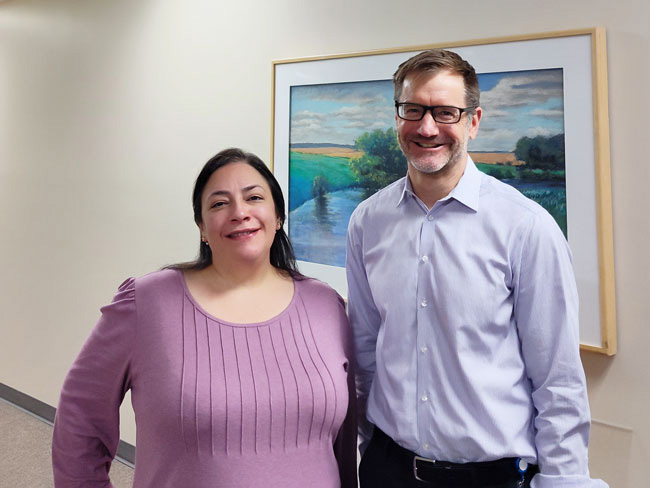Health tips
Inspiration to help you make healthy choices and live a healthier life.
How poor sleep can hurt your heart
An interview with Kaiser Permanente sleep expert Clarisse Glen, MD, sheds light on the importance of good sleep habits.











